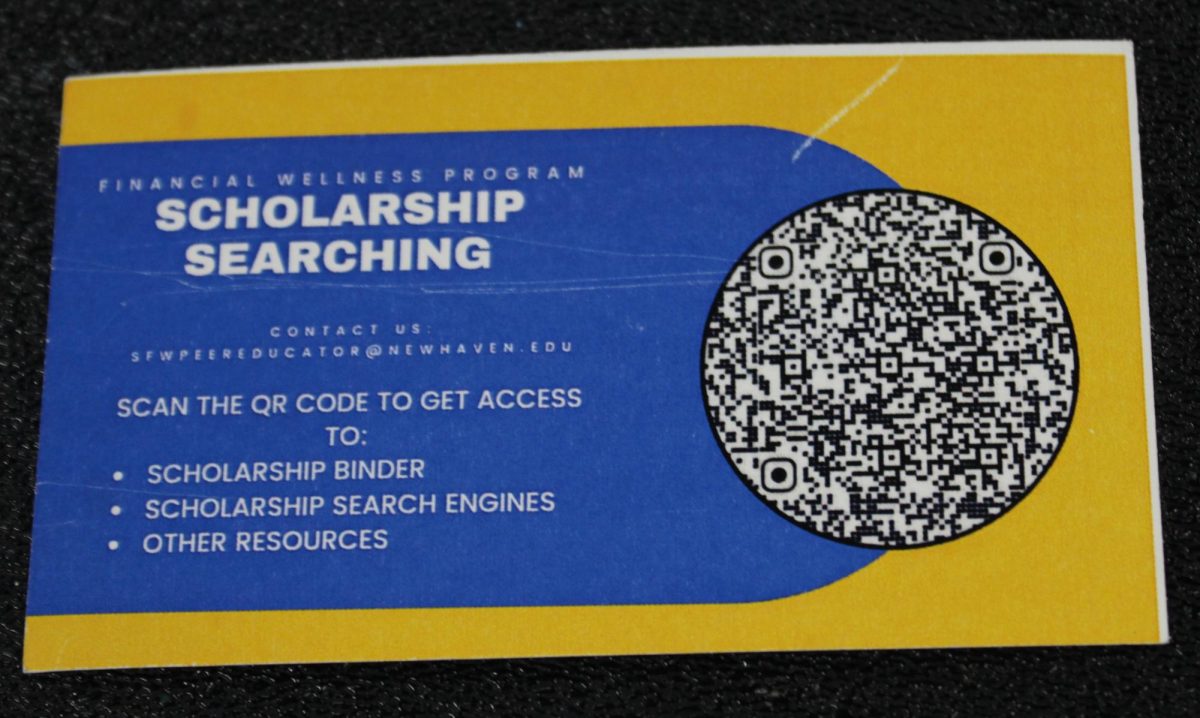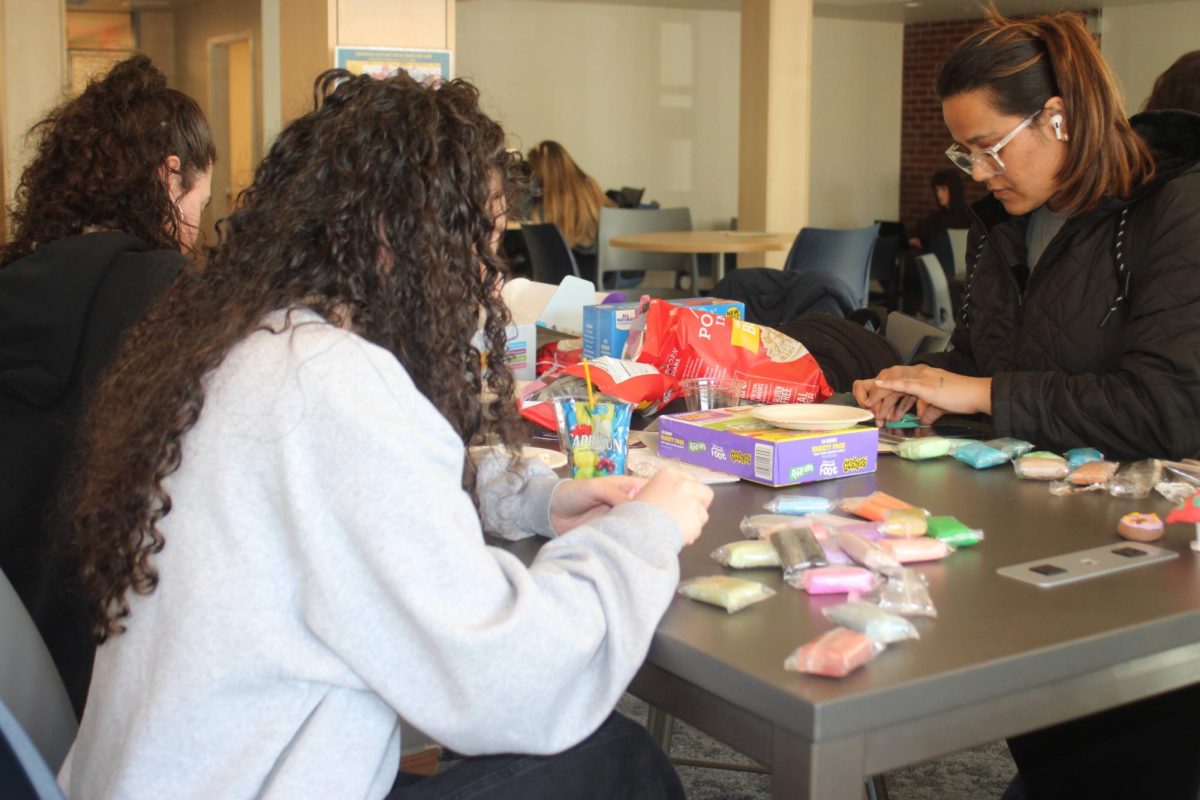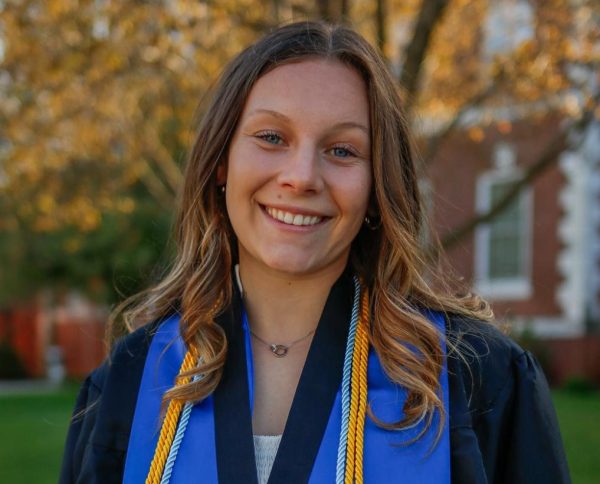From Sept. 24 to Sept. 26, the Financial Wellness Program held its yearly program, Scholarship Savvy, in the Moulton Lounge. Topics covered in Scholarship Savvy included where to apply, how to write a resume, how to gain letters of recommendation and how to write a scholarship essay.
The financial wellness website iGrad, is free for University of New Haven students and staff. After signing up for iGrad, students may use their scholarship search tool to filter scholarships based on education, field of study, GPA, financial need, etc. Other scholarship search engines include Fastweb, Careeronestop and Collegeboard.
Scholarship organizations that have contacted the university and scholarships previously awarded to students were compiled into a PDF by the Financial Wellness Program.
This list of verified scholarship opportunities is on the Financial Wellness Program’s page on myCharger. On this page, other scholarship search engines are listed. Scholarship websites for International students are also listed here.
Common scholarship scams to avoid include scholarships that ask for some form of payment and scholarship websites that have typos.
“If they post past winners of the scholarship, or maybe the past winners’ essays, that can be a good sign that it’s legitimate,” said Catherine Malan, a staff member for the UNH One Stop Financial and Registrar Services Office.
The Financial Wellness program encouraged students to apply to scholarships with smaller rewards because small amounts can add up.
Natalie Criniti, a career advisor at the Career Development Center, graduated from her undergraduate degree with no student loans and earned over $50,000 in scholarships.
To secure a quality letter of recommendation, some tips Criniti listed were to ask in person, follow up before the deadline, choose references carefully and send appreciation for the letter afterward. Criniti said to seek out letters from professors, faculty, and staff who are not family members and ask for letters at least two weeks before the due date.
Criniti said to limit resumes to one page, adjust margins to 0.5 if necessary, avoid first-person pronouns, describe experiences with bullet points, put dates on the right hand margin and use a size 10 or 11 font.
The university also offers the program Big Interview for free, which allows students to review their resumes within minutes and students may receive AI feedback for their resumes five times daily.
Since scholarship committees seek a diverse range of experiences, applicants must also list their specific experiences in their resumes. A student should list and describe relevant volunteering, employment, student organization, internship, research experience, computer/technical/language skills, course projects and certifications.
Scholarship essays often have specific formatting or word count requirements. Otherwise, past essays will indicate the organization’s preferred format.
Malan said, “One of the major things that a scholarship organization is going to look for when they’re rewarding a scholarship is that you read the directions and you followed the directions. Because that’s a very easy, simple checkbox to say this person paid attention and they care.”
Online grammar checkers, the Writing Center, and peer reviews can help a student edit their scholarship essay. Essays should not have generic topics, cliches, famous quotes, profanity, texting abbreviations and extreme declarations.
Students should personalize their application with information that builds a compelling narrative.
“Show your experiences and share your personal story,” Criniti said, “Where did you come from, how did you get to this point, and where do you see yourself going?”
“Don’t focus so much on the difficulties of your life but how you overcame it,” Malan said.
When students win scholarships, Malan said they should send a thank you note and notify the Financial Aid office. Scholarships are credited to a student’s university account. Seniors at the university can still use the credit to pay off student loans.
President Jens Frederiksen denied claims that the university offered fewer scholarships this year compared to past years. However, the university also has limited resources and cannot promise to increase scholarships drastically.
With knowledge of the university’s financial restraints, Scholarship Savvy encouraged students to seek outside help funding the cost of education.
“We need your help being proactive,” said Frederiksen.









